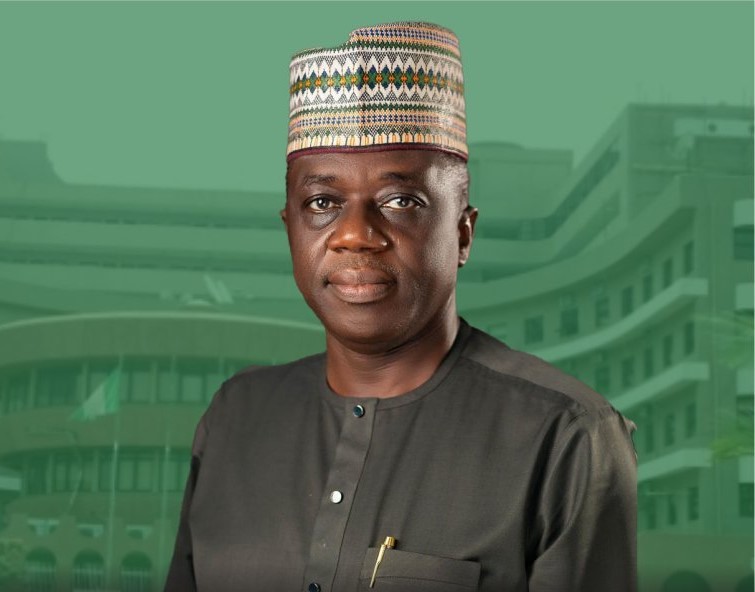Nigeria’s Excess Crude Account (ECA), a crucial financial buffer designed to shield the economy from the volatile nature of global oil prices, held a balance of $535,823.39 as of August 2025. Established in 2004 during the Obasanjo administration, the ECA accumulates oil revenues exceeding budgetary benchmarks, providing a cushion against price fluctuations and ensuring economic stability. This August balance reflects a notable increase from the $473,754.57 recorded in April 2025, indicating a positive trend in revenue accrual. The information was disclosed by the Accountant-General of the Federation, Shamsedeen Ogunjimi, during the National Economic Council (NEC) meeting presided over by Vice-President Kashim Shettima. The meeting also provided updates on the Stabilisation Account and the Natural Resources Account, which held N78,453,757,583.19 and N106,727,969,527.59 respectively. These accounts, alongside the ECA, form key components of Nigeria’s fiscal strategy for managing resource revenues and ensuring macroeconomic stability.
The NEC meeting marked a significant step forward in shaping Nigeria’s economic future with the unveiling of the framework for the Renewed Hope Development Plan (2026-2030). This ambitious plan aims to build upon existing policies, strengthen continuity, and propel Nigeria towards achieving a $1 trillion economy, a key target of President Bola Tinubu’s administration. The plan is designed to consolidate the country’s reform agenda and align its growth trajectory with the long-term objectives of Nigeria Agenda 2050. The Renewed Hope Development Plan signifies the government’s commitment to sustained economic growth and development, emphasizing a strategic and phased approach to achieving its economic aspirations.
Vice President Shettima, chairing the NEC meeting, highlighted the significance of the transition from the National Development Plan 2021-2025 to the Renewed Hope Plan 2026-2030. He emphasized the plan’s critical role in maintaining the current positive economic trajectory and consolidating the ongoing reforms implemented by the administration. This transition underscores the government’s commitment to long-term planning and the implementation of sustainable economic policies. The Renewed Hope Plan will serve as a roadmap for the next phase of Nigeria’s economic journey, focusing on key sectors and strategic interventions to drive growth and development.
The Renewed Hope Development Plan is expected to address critical areas crucial for achieving sustainable and inclusive growth. These include infrastructure development, human capital development, diversification of the economy, enhancing agricultural productivity, and promoting industrialization. The plan will also prioritize creating a conducive environment for businesses to thrive, attracting foreign investment, and strengthening the country’s institutional framework. By focusing on these key areas, the plan aims to unlock Nigeria’s vast economic potential and create opportunities for all citizens.
Furthermore, the plan recognizes the importance of leveraging technology and innovation to drive economic transformation. It is expected to promote the adoption of digital technologies across various sectors, fostering a vibrant digital economy and enhancing competitiveness. The plan will also emphasize the need for sustainable development, taking into account environmental considerations and promoting green growth initiatives. This focus on sustainable development reflects the government’s commitment to balancing economic growth with environmental protection, ensuring a future where both can thrive.
The successful implementation of the Renewed Hope Development Plan will require strong collaboration between the government, the private sector, and civil society. The plan is envisioned as a collaborative effort, harnessing the strengths and expertise of all stakeholders to drive economic transformation. Effective monitoring and evaluation mechanisms will be crucial to track progress, identify challenges, and ensure that the plan remains on track to achieve its objectives. The plan’s success hinges on the collective commitment and active participation of all involved parties, working together to achieve the shared vision of a prosperous and thriving Nigeria.


